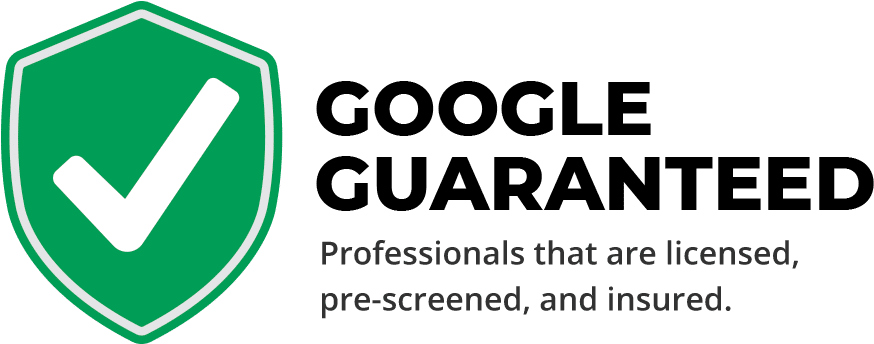Table of Contents
ToggleTEACHING TEENS TO NOT TEXT AND DRIVE
If you have a teenager, chances are they have an unhealthy attachment to their smartphone device. When you try to talk to them, they’ll typically have their faces glued to their phones, failing to retain anything you just said. The most concerning thing about this is when that time comes for your teen to learn to drive on their own. That is when you want their phones as far away from the steering wheel as possible. Achieving that could be a challenge.
Texting while driving is a far more dangerous distraction when compared to eating, talking, adjusting music (whether it’s changing a song or the volume), or using in-vehicle navigation systems due to the fact that it takes the driver’s eyes away from the road for longer and more often.
If you are driving down a highway, do you think there is ever an occasion when it is safe or wise to shut your eyes for a matter of seconds?
Keeping your eyes on the road is one of the first things we all learn in terms of safe driving. So why would anyone ever think it is appropriate to text when behind the wheel, or do anything else that takes your attention from driving?
It takes about five seconds, on average, to look at or send a text message. Though that may not require a lot of time, in that small time-frame where your eyes are on your phone instead of on the road, a vehicle traveling 55 or more miles per hour is likely to travel the length of a football field. In the blink of an eye, over that distance, life can be taken — possibly even your own.
It is not always that easy to talk to a teen, just like it is not that simple to make them actually listen. However, there are several ways to help guide them in the right direction and avoid texting while driving at all costs.
It is important that you talk to your teen about the dangers of texting while driving. Never just assume teenagers know texting and driving do not mix. Try to casually bring it up through a family discussion — ideally before your teen even begins to drive. Make the rules clear and concise: No texting or talking on the phone while driving unless it is an emergency.
If you set rules, you cannot forget about the consequences. The National Highway Traffic Safety Administration suggests telling your teen that driving is a privilege — one he or she could easily lose if she does not follow your conditions. There are three very important things that can take away a teen’s freedom while also teaching them a valuable lesson: their cellphone, their driver’s license, and their keys. Let your kids know that if you find out if they have been driving while sending out texts, you will not hesitate to take all three away.
Make sure that you are aware of the laws in your state. Texting and driving might not just be against the rules in your household, but also against the law. Texting and driving is illegal in 43 states, yet the number of texting and driving accidents has still not declined significantly over the past couple of years.
THE APPLE DOESN’T FALL FAR FROM THE TREE
Remember your responsibility as their role model. Although it may not seem like it is the case at times, teenagers actually listen to their parents and are influenced by certain actions they take and words they say. It is in your best interest to practice what you preach. Taking your own advice will show that it is not just a hazard for them to text and drive, but for you as well. Put your phone away every time you get in the car and never text and drive unless you want your teen driver to follow in your footsteps. Parents can have a tremendous influence on their kids. You can make it clear that it is unacceptable for them to be on their phone, but setting a good example is just as powerful, if not more so. Staying off the phone should be the rule for everyone.
In today’s world of innovative and fast-paced technology, it’s no wonder there is an app for just about everything. With this being said, there are phone apps that have been created for you to be able to track texting and driving. New technology allows parents to monitor speed and texting while teen drivers are in their cars. There are also convenient apps where parents can receive text and email alerts if their teen happens to be speeding or texting while in a moving vehicle. They even have apps like TXTShield, which is basically useful when a driver reaches a designated speed (they can select speeds ranging between 10 and 40 miles per hour, in increments of 5), the app shuts down the phone’s capability to text. Incoming texts do not show up on the home screen, and the app sends an automatic response to the person who texted the driver, letting them know that they are in the middle of driving and will get back to them when it is safe to do so.
Be careful when you call or text them. Try your best to resist the temptation to call or text if you think there’s a slight possibility your child is behind the wheel. They probably know you’d get mad if you attempted to get a hold of them and they didn’t pick up. Chances are they will answer your call or reply to your text even when their foot is pressed up on the gas pedal.
Nowadays, most people, especially teens, are reliant on the GPS app on their phones. Tell your teen that if they depend on their smartphone for navigation that they should invest in a device to mount the phone onto the dashboard of the car, putting the screen at eye level and keeping it out of hands and laps. A lot of vehicles now also come with the option to have a built-in navigation system, which can be very helpful in these situations.
If your teen has to answer or make a call while driving, consider getting them a bluetooth microphone system in order for them to use their smartphone’s voice activation commands in a safer way.
Texts and phone calls let you know you are needed and important and most people cannot help but look to see who needs them. It is our human nature, but we must inform our teens that it is also the cause of thousands of deaths and hundreds of thousands of injuries every single year across the United States.
Our legal team at the Law Offices of Wolf & Pravato want you and your teens to stay safe and be aware of the dangers of texting and driving!




















